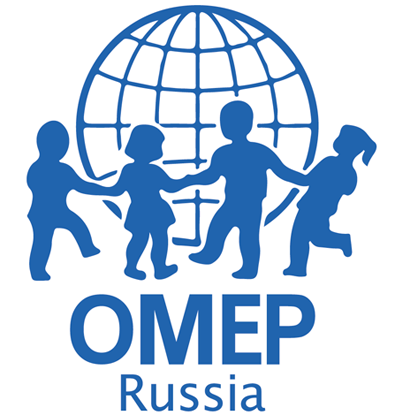Digital Native: The Interaction of Digital Technologies with the Development of Cognitive and Communication Processes
Book of Abstracts
Keywords
digital technologies, adolescents, young adults, communication skills, сognition, digital native
Abstract
Digital technologies are integrated into all spheres of life, mediating the processes of socialization at various stages of development of childhood and adolescence. In this regard, the study of the relationship of digital technologies with the development of cognitive and communicative processes of adolescents and young adults as their most active users is an urgent scientific problem.
To achieve this goal, an overview of empirical research on the interaction of digital technologies with the development of cognitive and communication processes of adolescents and young adults was carried out. The studies are considered in blocks in accordance with the three types of children’s activity, such as leisure, communicative and educational activity – taking the impact of digital technologies into account. Contradictory empirical data are explained by the many limitations that exist for the organization of this type of research. They also do not allow to identify clear causal relationships between the use of digital technologies by adolescents and young adults and the development of their cognitive and communication skills. Digitalization qualitatively changes development of cognitive and communication processes of adolescents and young adults. Therefore, the assessment of the patterns of relationships between the nature of the cognitive and communicative development of children and the effectiveness of the use of digital tools should be carried out in a comprehensive manner based on an evidence-based approach. The study of this direction will allow not only to determine the individual psychological characteristics of modern users of the digital environment, but also in the future to outline strategies for realizing the cognitive and communicative potential of adolescents and young adults through the productive use of digital resources by them.
Video
Prezentation

Russian Psychological Society
e-mail: ruspsysoc@gmail.com

Federal Scientific Center for Psychological and Interdisciplinary Research,
Moscow, Russia
e-mail: forumdigitalchildhood@gmail.com

Psychology Department of the Lomonosov Moscow State University,
Moscow, Russia
e-mail: psy@psy.msu.ru



 2021
2021  2022
2022  2023
2023 2024
2024





